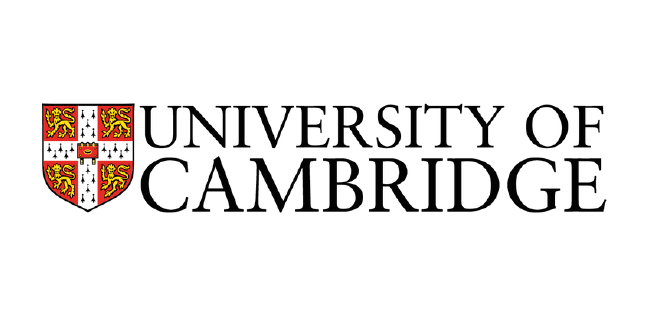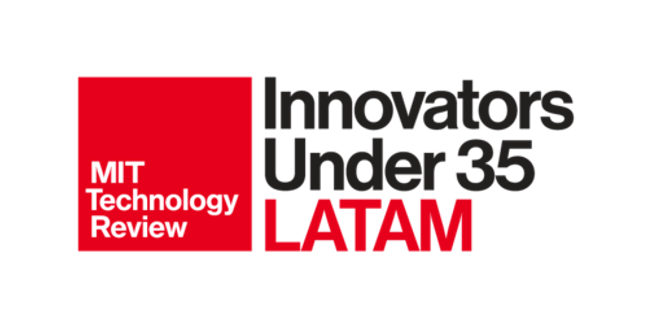Event Introduction
Microfluidic label free sorting technologies for applications in medicine
Abstract
Micro- and nano-scale technologies can have a significant impact on medicine and biology in the areas of cell manipulation, diagnostics and monitoring. At the convergence of these new technologies and biology, we research for enabling solutions to real-world problems at the clinic. Emerging nano-scale and microfluidic technologies integrated with biology offer innovative possibilities for creating intelligent, mobile medical lab-chip devices that could transform diagnostics and monitoring, tissue engineering and regenerative medicine. Male infertility is a reproductive disease, and existing clinical solutions for this condition often involve long and cumbersome sperm sorting methods, including preprocessing and centrifugation-based steps. These methods also fall short when sorting for sperm free of reactive oxygen species, DNA damage, and epigenetic aberrations.
Existing platforms suffer from structural complexities, i.e., pumps or chemoattractants, setting insurmountable barriers to clinical adoption. Inspired by the natural filter-like capabilities of the female reproductive tract for sperm selection, a model-driven design—featuring pillar arrays that efficiently and noninvasively isolate highly-motile and morphologically normal sperm, with lower epigenetic global methylation, from raw semen—is presented. The microfluidic sperm sorters that we created, such as the Simple Periodic ARray for Trapping And IsolatioN (SPARTAN), modulate the directional persistence of sperm, increasing the spatial separation between progressive and non-progressive motile sperm populations. They lead to results within an unprecedentedly short 10-minute assay time. With over 99% motility of sorted sperm, a 5-fold improvement in morphology, 3-fold increase in nuclear maturity, and 2–4-fold enhancement in DNA integrity, SPARTAN offers to standardize sperm selection while eliminating operator-to-operator variations, centrifugation, and flow. Some of these innovative microfluidic devices have been translated into FDA approved and CE-marked products, where they have been widely used by fertility clinics around the world to serve patients, leading to an estimated 10,000+ live births globally.
About the speaker
Dr. Utkan Demirci is a professor with tenure at Stanford University School of Medicine, and serves as the acting director and division chief at the Canary Center for Cancer Early Detection in the Department of Radiology. His group is focused on the development of point-of-care technologies and creating microfluidic platforms for sorting rare cells and exosomes for infectious diseases and cancer. Dr. Demirci is a fellow-elect of the American Institute of Medical and Biological Engineering elected in 2017. He received his PhD from Stanford University in Electrical Engineering in 2005 as well as M.S. degrees in 2001 in Electrical Engineering, and in Management Science and Engineering in 2005. He has published over 200 peer-reviewed articles, 24 book chapters and editorials, four edited books, and over 25 patents pending or granted and serves as an editorial board member for various peer-reviewed journals. His group focuses on developing innovative point-of-care technologies and creating microfluidic platforms for cancer with broad applications to multiple diseases. Dr. Demirci’s seminal work in microfluidics has led to the development of innovative platform technologies in medicine. His inventions have been licensed to numerous companies. He has co-founded several startups and serves as advisor to multiple companies including DxNow, LevitasBio. He has translated several FDA approved and CE marked technologies.
The Leads
Speakers and Invites

Prof. Utkan Demirci
.







